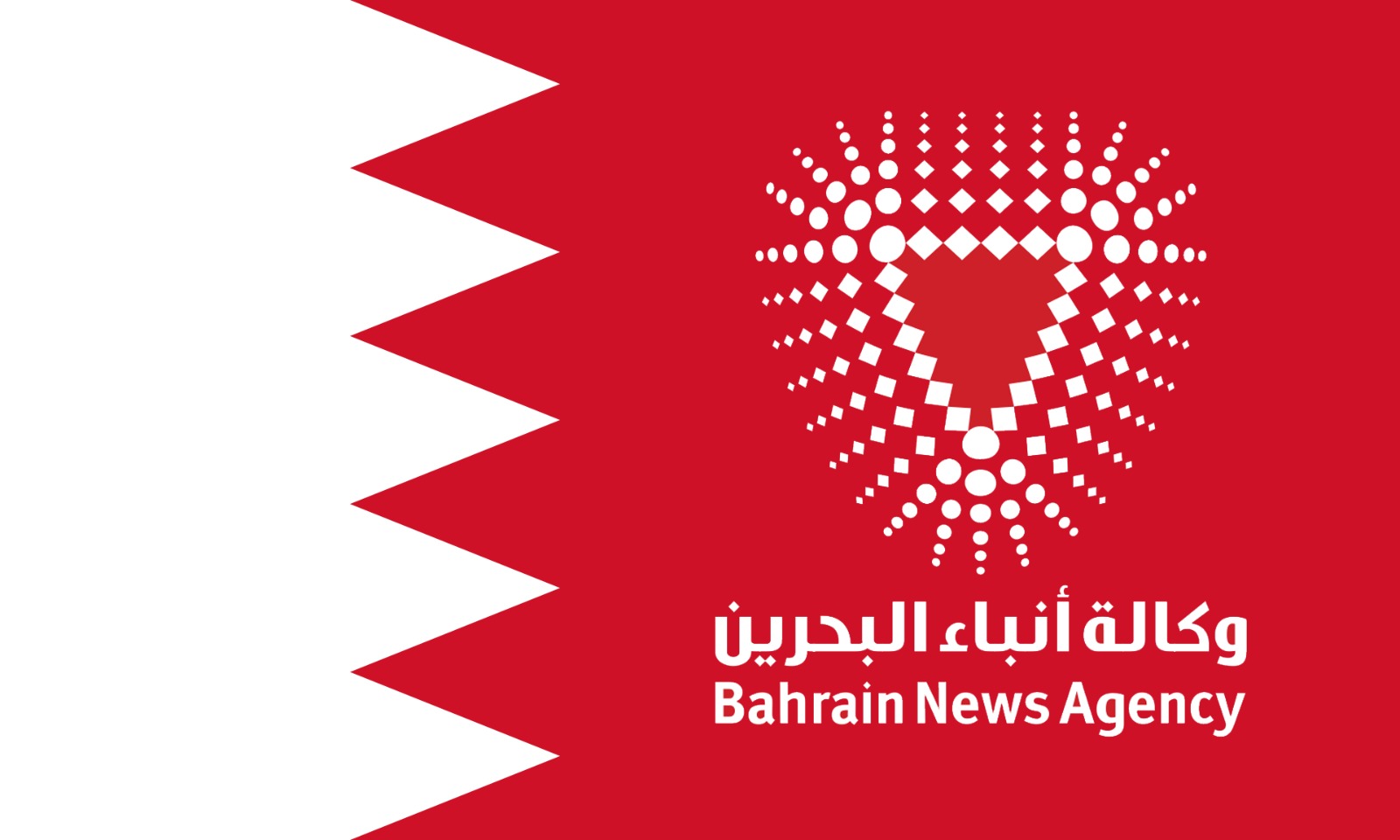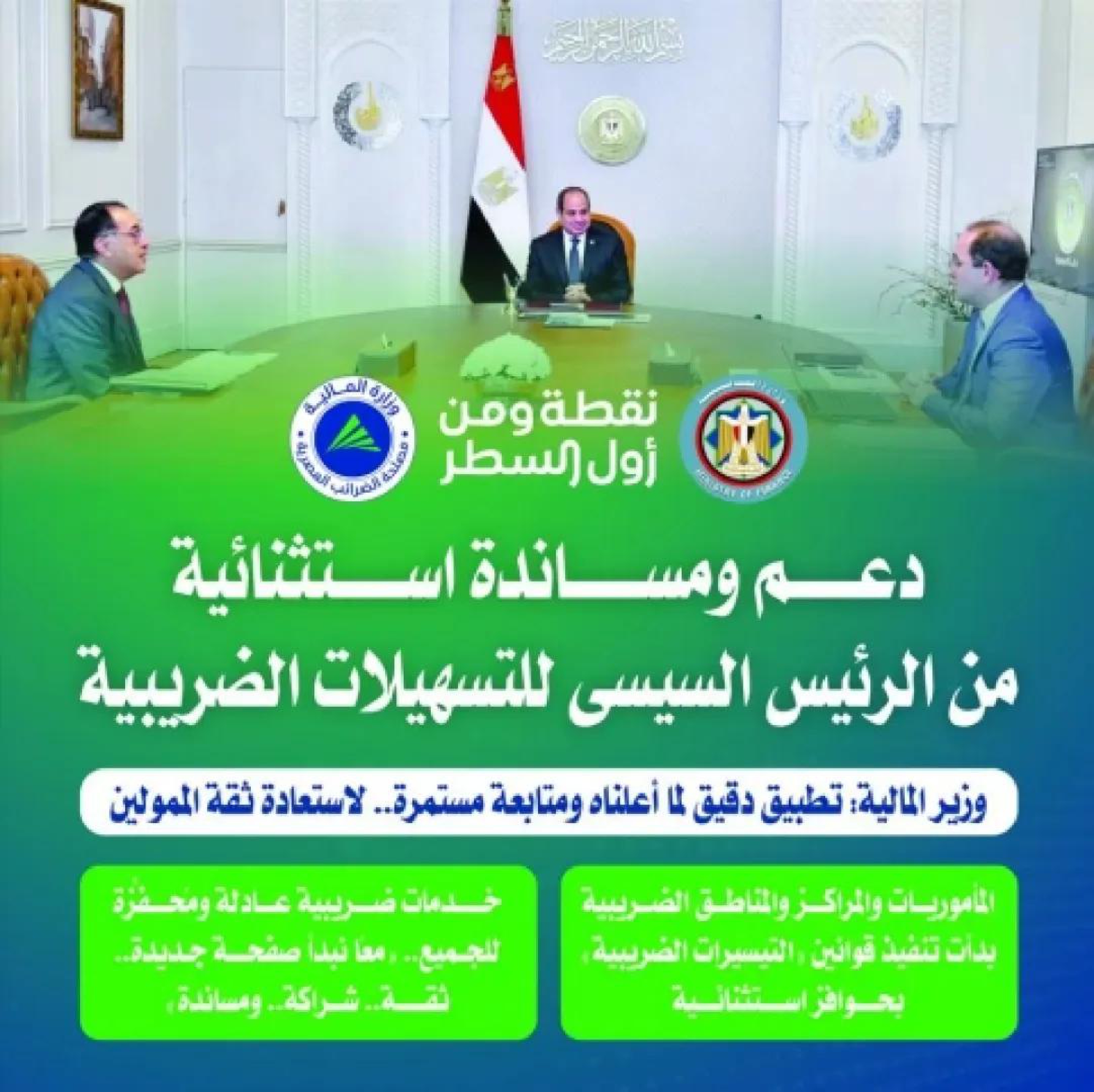The leaders reiterated their absolute support for the UAE’s sovereignty over the three islands occupied by Iran: Greater Tunb, Lesser Tunb, and Abu Musa.
They urged Iran to respond to the UAE’s initiative for a peaceful resolution through bilateral negotiations or the International Court of Justice, based on international law and the UN Charter, to foster regional security and trust.
The Baghdad Declaration emphasized the need to establish a WMD-free zone in the Middle East, based on agreed references and UNGA resolution 73/546.
The leaders urged all concerned parties to join the Nuclear Non-Proliferation Treaty, the cornerstone of the global non-proliferation regime.
The leaders described water security as a core element of Arab national security.
They expressed solidarity with Iraq, Egypt, Sudan, and Syria in preserving their legitimate water rights and called for fair and balanced solutions through dialogue and constructive cooperation in a way that serves mutual interests and prevents potential harm to their water rights.
The leaders emphasized the need for coordinated Arab efforts to tackle key developmental challenges such as food security, health security, energy, and climate change.
They called for institutionalized cooperation to ensure sustainable Arab joint action, supporting resilience in facing regional and global crises.
The leaders reaffirmed their firm stance against all forms of terrorism and related ideologies, including actions by Daesh, Al-Qaeda, and their affiliates, due to their threat to regional stability.
They called for a robust collective response across military and civilian dimensions, improved coordination, and enhanced capacities of Arab counterterrorism bodies.
The leaders commended Iraq's government for its counterterrorism efforts and sacrifices made by its people, army, and security forces.
They praised the establishment of Iraq’s National Center for Counter-Terrorism and Prevention of Violent Extremism as a constructive step and encouraged the creation of similar centers across the Arab world.
The Baghdad Declaration called for firm measures to counter hate speech, extremism, and incitement, stressing the importance of promoting tolerance, peaceful coexistence, human fraternity, and addressing root causes of terrorism.
It also called for cutting off terrorist funding, banning safe havens, and removing foreign terrorist fighters from the region.
The leaders welcomed Iraq’s announcement to host the next International Conference for Victims of Terrorism in Baghdad in 2026, expressing full support for victims’ rights and recovery.
The leaders stressed the importance of enhancing cybersecurity within joint Arab frameworks to protect digital infrastructure and sensitive data.
They welcomed Saudi Arabia’s initiative to establish the Arab Cybersecurity Council. (MORE)
M S H/R G E
OPEN// Baghdad Declaration urges immediate end to Gaza war, fully supports reconstruction plan - 8 Baghdad
العراق/Arab Summit/Arab world
You have unlimited quota for this service





 ar
ar en
en fr
fr






